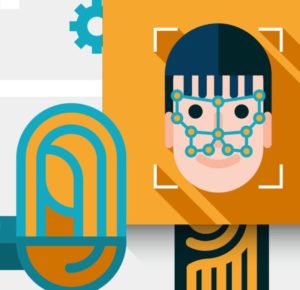“The barcode itself can store up to 2,000 bytes of information, and will include key details about the document in addition to the face and/or fingerprint data of its creator.”

The biometrics specialist id3 Technologies has released a new anti-forgery solution that safeguards documents with biometrics. The new platform is called BioSeal, and it allows the creator of a document to stamp it with a two-dimensional barcode that acts as a digital seal akin to the wax seals that people used to stamp onto written letters.
The barcode itself can store up to 2,000 bytes of information, and will include key details about the document in addition to the face and/or fingerprint data of its creator. In the process, BioSeal permanently binds the document to the person who created it, allowing other people to have complete confidence in its authenticity.
BioSeal can be applied to any digital or physical document, and can be printed onto a piece of paper or another credential like an access badge or a driver’s license. While an internet connection is required to make a new seal, the platform offers offline authentication once a seal has been created. The biometric information is imprinted in the barcode, so users can scan BioSeal with a mobile app to verify a document without access to a server or another database.
While many companies currently offer some combination of document reading and biometric authentication, id3’s solution seems noteworthy for its simplicity and ease of use. id3’s facial recognition technology scored an excellent performance on a recent round of NIST testing. The company also opened a new office in Columbia in the beginning of 2018.
–
June 18, 2019 – by Eric Weiss








Follow Us